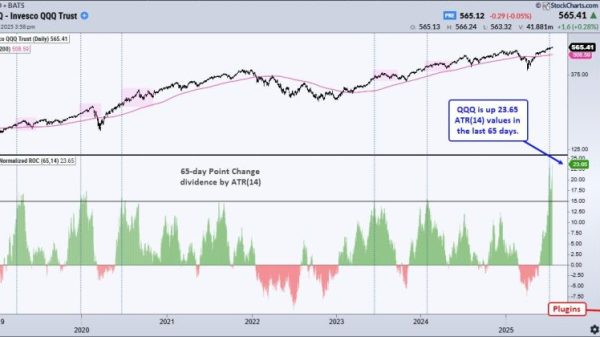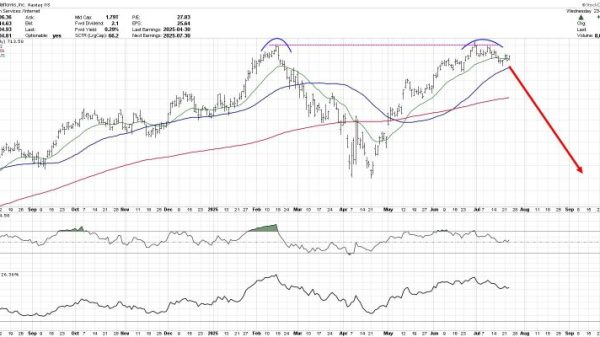The new COVID variant XEC has been found by UK health experts as they prepare for winter, when cases tend to increase.
The UK Health Security Agency (UKHSA) has highlighted a slight increase in hospitalisations amid COVID patients recently, with the admission rate at 4.5 per 100,000 people in the week to 6 October, up from 3.7 a week prior.
It is the fourth weekly rise in a row – and this, mixed with the UKHSA finding some XEC cases – has led to plenty of news coverage about the new variant.
It comes as a number of analysts on social media have tipped XEC to become the dominant strain and fuel a winter wave – but is it more of a threat than others?
The reality is that while the UKHSA is urging people to protect themselves from COVID generally, it has not “sounded the alarm” on XEC.
It has acknowledged that people may be concerned about new variants, adding around one in 10 of new cases it has analysed shows XEC lineage.
“Current information doesn’t suggest we should be more concerned about this variant but we are monitoring this closely,” says Dr Jamie Lopez Bernal, consultant epidemiologist at UKHSA.
What we know about XEC
XEC, like many other variants, is a part of the Omicron family.
It was first found in May, according to the World Health Organization (WHO), which says it is a so-called recombinant of two other strains – KS.1.1 and KP.3.3 – meaning that genetic information was exchanged between them to form a third strain, XEC.
In its last COVID update on 9 October, the WHO said XEC was one of only two variants that was showing “increasing prevalence globally” between 19 August and 15 September – but it was still only responsible for a small percentage of cases, with KP.3.3 responsible for almost half of the cases worldwide.
In the UK, XEC was identified in 9.35% of COVID cases in samples taken by the UKHSA between 2 September 2024 and 15 September 2024, while 59.35% were identified as KP.3.3.
What are the symptoms of XEC?
No health organisations have listed any symptoms specific to XEC.
It is said to have the same symptoms as other COVID variants, including:
• a high temperature
• a new, continuous cough
• a loss or change to your sense of smell or taste
• shortness of breath
• feeling tired or exhausted
• an aching body
• a headache
• a sore throat
• a blocked or runny nose.
Health authorities advise staying at home and avoiding contact with other people if you or your child have symptoms.
How can you protect yourself?
While the UKHSA isn’t sounding the alarm on XEC specifically, it is expecting COVID to circulate more in the winter, along with flu and respiratory syncytial virus (RSV), calling them the “three main winter threats”.
If you are eligible to get vaccinated against them, now is the time to do so, says Dr Bernal.
All adults aged 65 and over are able to receive both the latest COVID booster vaccination and this year’s flu jab, along with residents in older adult care homes and people with underlying health conditions aged six months to 64 years.
Both vaccinations are also being offered to frontline health and social care staff, with employees in older adult care homes eligible for the COVID jab.
The NHS is also offering for the first time a vaccination against RSV, a common cause of coughs and colds, which can be dangerous to older people and young children.
The jab is available to people aged 75 to 79 as well as pregnant women from 28 weeks, to protect their child.



























